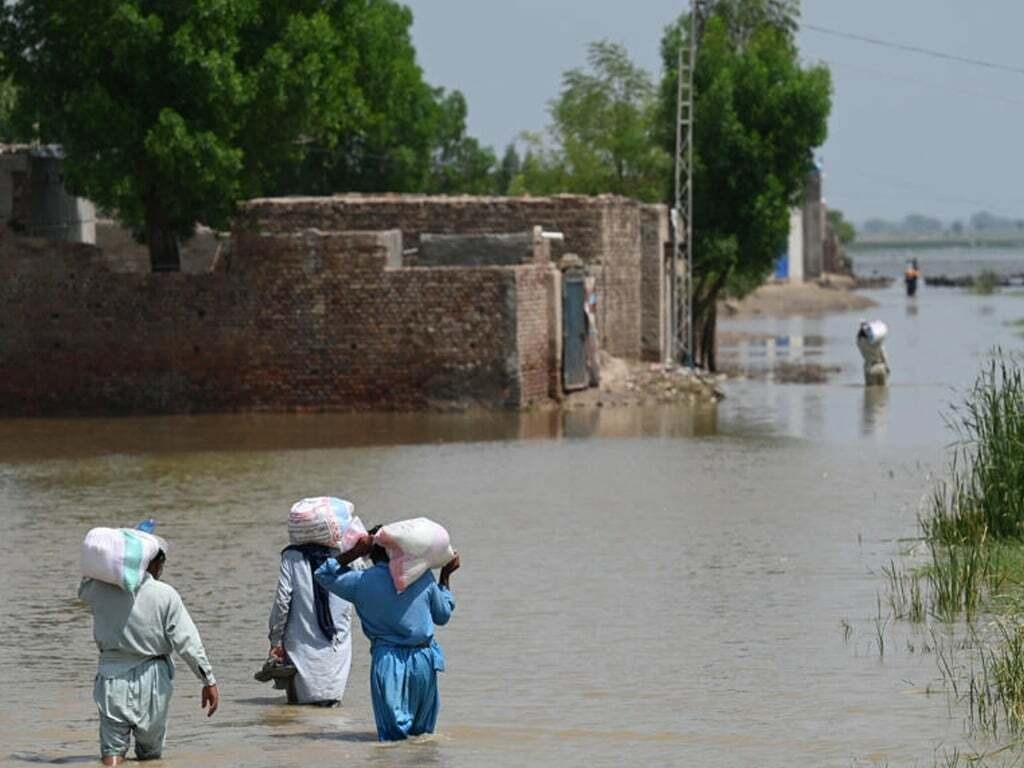Speakers at a seminar in Islamabad emphasized the urgency of preventing climate disasters akin to the devastating events of 2022, which claimed the lives of around 2,000 people, injured thousands, and caused an estimated $30 billion in economic losses. The seminar, titled “Disaster Resilient Pakistan” and organized by the National Disaster Management Authority (NDMA), highlighted the need for a comprehensive action plan to address these challenges.
Prime Minister’s Coordinator on Climate Change, Romina Khurshid Alam, highlighted the government’s efforts to mitigate the impacts of climate change, including policy measures aimed at overcoming significant economic losses. She stressed the adverse effects of climate change on various sectors such as agriculture, energy, water, health, and education, and the importance of resilient infrastructure, sustainable agriculture practices, efficient water management, and renewable energy to counter these risks.
Khurshid outlined various policy initiatives and projects already underway, including the National Adaptation Plan of Pakistan, aimed at enhancing resilience, managing disaster risks, and mobilizing climate finance. She emphasized the importance of public-private partnerships in climate-resilient development programs and projects.
Chairman NDMA, Lieutenant General Inam Haider Malik, discussed the establishment of a modern National Emergencies Operation Centre (NEOC) and its capabilities in generating a National Common Operating Picture (NCOP) to strengthen digital risk assessment and early warning systems. He underscored the role of comprehensive policies, regulatory frameworks, and cross-sector collaborations in disaster risk reduction, as well as the importance of engaging young people in building future resilience and fostering innovation in disaster management strategies.
